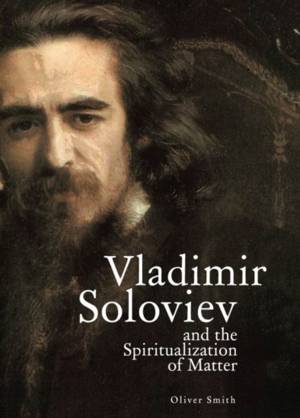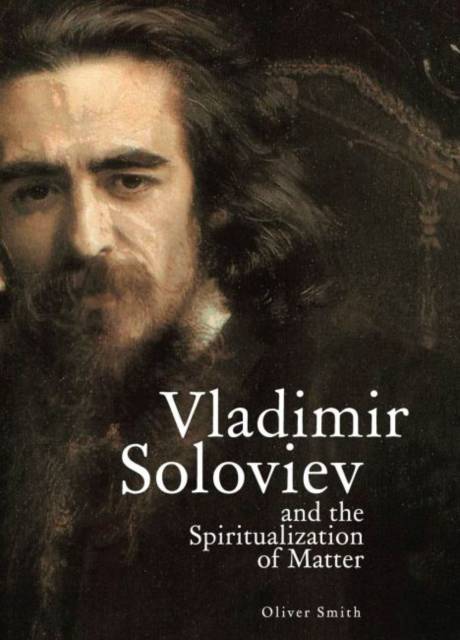
Je cadeautjes zeker op tijd in huis hebben voor de feestdagen? Kom langs in onze winkels en vind het perfecte geschenk!
- Afhalen na 1 uur in een winkel met voorraad
- Gratis thuislevering in België vanaf € 30
- Ruim aanbod met 7 miljoen producten
Je cadeautjes zeker op tijd in huis hebben voor de feestdagen? Kom langs in onze winkels en vind het perfecte geschenk!
- Afhalen na 1 uur in een winkel met voorraad
- Gratis thuislevering in België vanaf € 30
- Ruim aanbod met 7 miljoen producten
Zoeken
Omschrijving
While he is widely acknowledged as the most important Russian thinker of the nineteenth century, Vladimir Soloviev's place in the landscape of world philosophy nevertheless remains uncertain. Approaching him through a single synoptic lens, this book foregrounds his unique envisioning of the interaction between humanity and the material world. By investigating the development of a single theme in his work--his idea of the "spiritualization of matter", the "task" of humanity--Smith constructs a rounded picture of Soloviev's overall importance to an understanding. If nineteenth-century thought, as well as to modern theology and philosophy. The picture that emerges is of a writer whose contribution to a Christian philosophy of matter resonates with many of the religious debates of modernity.
Specificaties
Betrokkenen
- Auteur(s):
- Uitgeverij:
Inhoud
- Aantal bladzijden:
- 250
- Taal:
- Engels
- Reeks:
Eigenschappen
- Productcode (EAN):
- 9781936235179
- Verschijningsdatum:
- 1/11/2010
- Uitvoering:
- Hardcover
- Formaat:
- Genaaid
- Afmetingen:
- 156 mm x 234 mm
- Gewicht:
- 612 g

Alleen bij Standaard Boekhandel
+ 415 punten op je klantenkaart van Standaard Boekhandel
Beoordelingen
We publiceren alleen reviews die voldoen aan de voorwaarden voor reviews. Bekijk onze voorwaarden voor reviews.









